Automotive and e-mobility: moving forward with Rejlek
Wherever you look: We encounter e-mobility on every corner these days. Whether it’s electric cars, scooters, bicycles or buses, every form of transport is increasingly focussing on climate-friendly alternatives powered by electricity. This is particularly good news for the environment. But technological change also brings challenges, especially when it comes to the production of vehicle parts. Read on to find out what role plastic plays in this context, how Rejlek contributes to this and what difference a few grams more or less can make.
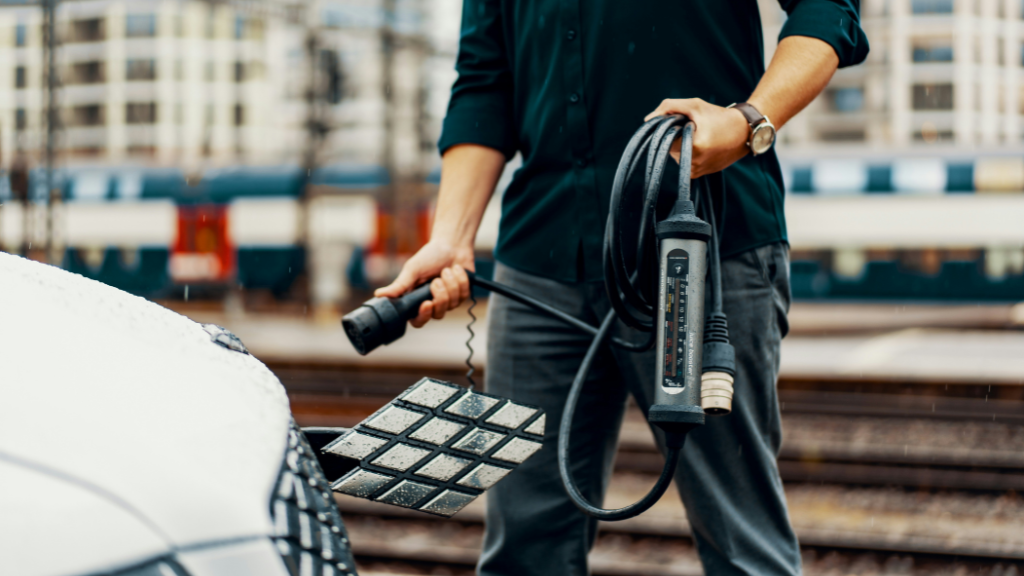
E-mobility – the future of transport
Climate-friendly transport using electricity is popular and has a promising future. However, the beginnings of electromobility date back almost 200 years. In the 1830s, Scottish inventor Robert Anderson built the first electrically powered vehicle – even before the invention of the internal combustion engine. E-mobility was a popular means of transport well into the 20th century, but around 1910 it was almost completely superseded by cheap oil and the invention of the electric starter motor. Today, it is back in the limelight, as the ability to get from A to B with low emissions, efficiency and silence is more attractive than ever before.
This means a major change for the automotive industry, partly because the requirements for the production of an electric vehicle are very different from the production of a conventional petrol car. Added to this are the previously known weaknesses of e-mobility, which still need to be overcome, namely the range, battery production and the still comparatively high purchase costs of electric cars.
Where can we start to make climate-friendly transport even better and more affordable? The production of individual vehicle parts in particular harbours enormous potential for taking e-mobility to the next level and compensating for previous weaknesses. Plastic plays a particularly important role here. The material combines several advantages that are interesting for the automotive sector. These include low weight, flexible mouldability and efficient production options.
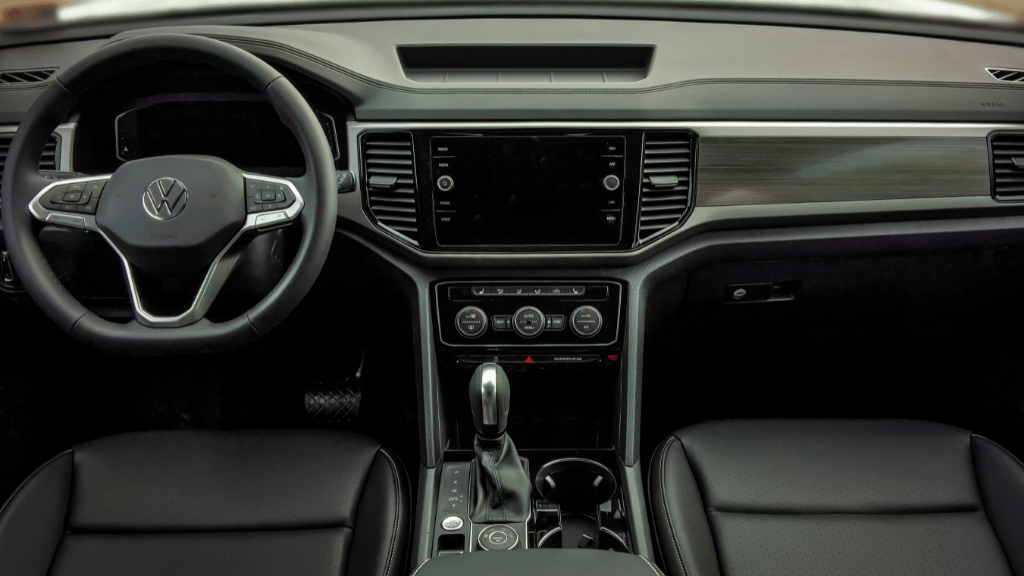
Automotive production: a complex endeavour
The lighter an electric vehicle is, the better it performs in terms of range. Plastics are therefore increasingly replacing previous materials such as steel or glass in the production of battery and motor components, connectors, fuel cells, a wide variety of sensors and design elements. Injection moulding technology is therefore becoming increasingly important for the automotive sector and is already one of the most frequently used production methods.
In addition to the lower weight, costs can also be saved thanks to precise series production – and injection moulding offers another important trump card: this manufacturing process does not produce any exhaust gases or liquid waste and the finished parts can usually be recycled particularly efficiently. This means that the climate-friendly potential of e-mobility can be utilised even more comprehensively.
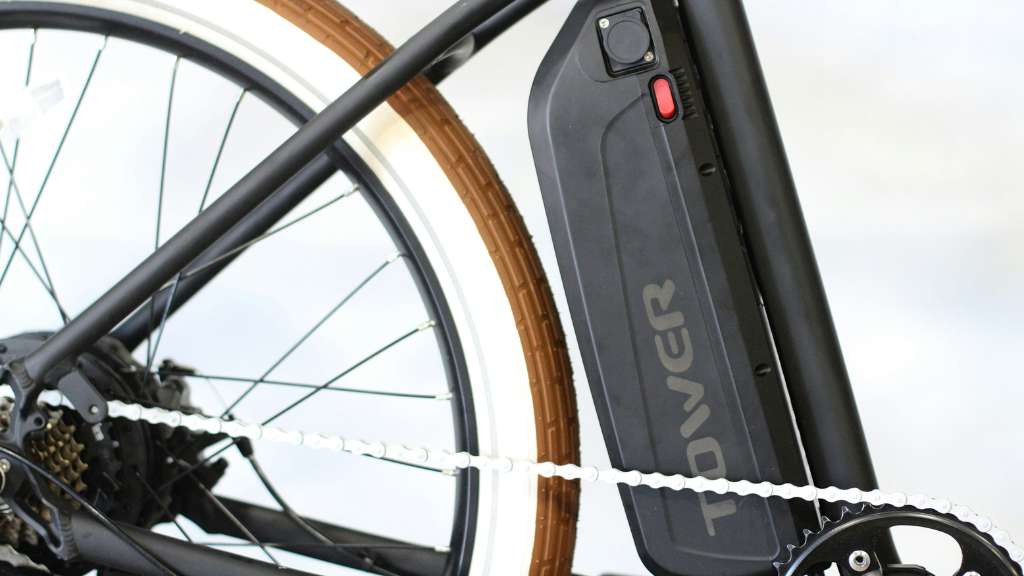
Rejlek as a partner for limitless mobility
We at Rejlek have been professional suppliers to the automotive industry for more than 40 years. Customers such as TE Connectivity value our many years of experience and expertise, particularly in the field of e-mobility. The high degree of automation made possible by our state-of-the-art production facilities maximises efficiency in the manufacturing process and subsequently saves costs and energy. This enables us to realise even the most challenging orders precisely as required.
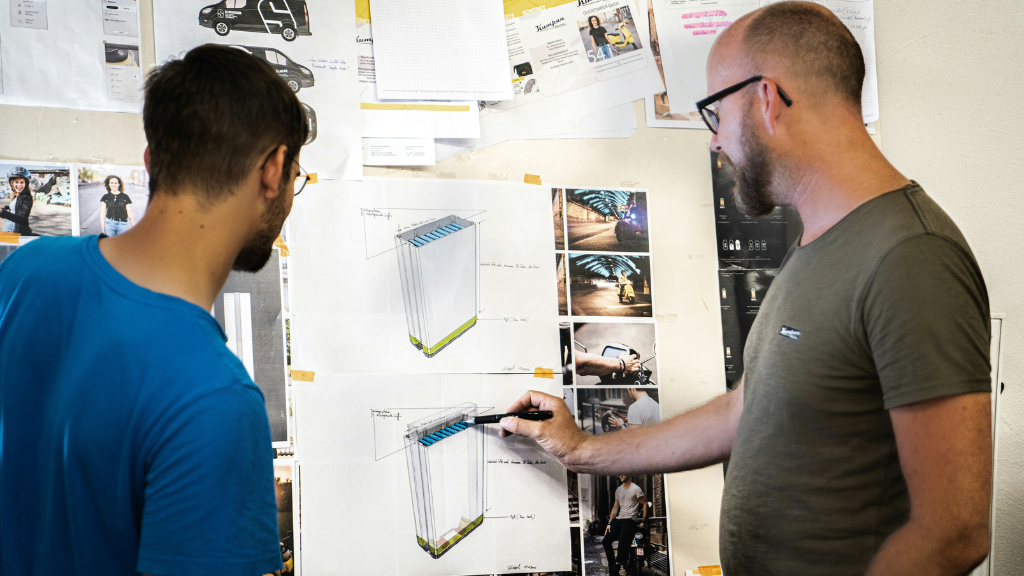
In addition to the production of vehicle parts for interior and exterior use of the highest quality, we offer a number of specific technological advantages, such as the use of our versatile hybrid components.
We offer various core competences in the automotive sector at the different locations of the Rejlek Group. While the expertise in Vienna is primarily in connector components and sensors, General-Plastics Kft. in Hungary concentrates increasingly on painted instrument panel and loudspeaker components, while Rejlek Metal & Stamping focuses on steering column components and busbar products. These specialisations enable an optimum cost-benefit ratio and a broad overall offering for our customers.
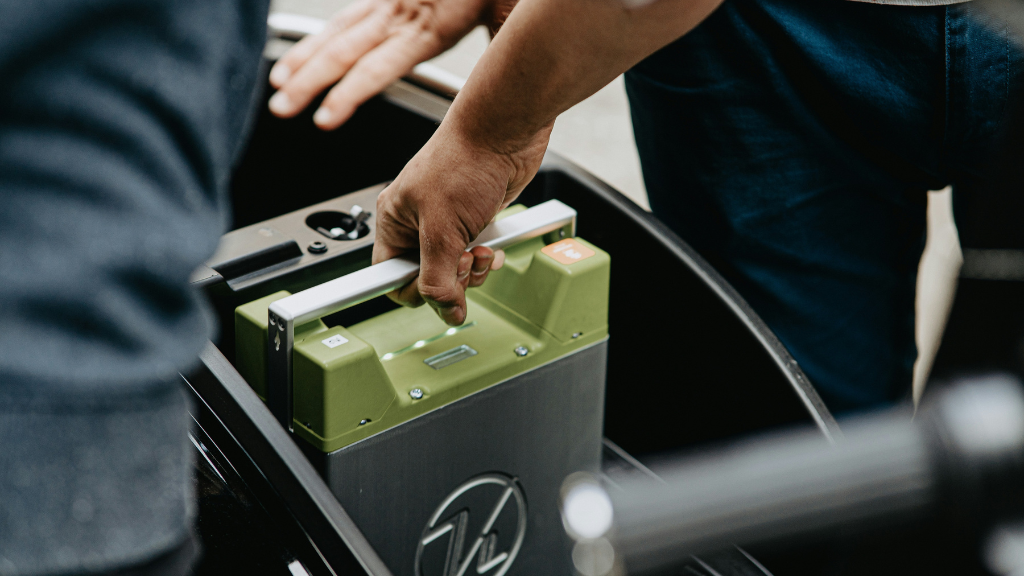
Conclusion: Becoming lighter, more efficient and more mobile with plastic
With the growing trend towards e-mobility, plastic is becoming increasingly important in the automotive industry. Long favoured for its versatility and cost efficiency, the material is an indispensable part of the further development of climate-friendly mobility, particularly due to its low weight. Whether in the battery, the bodywork or the interior – plastic enables innovation and has become an indispensable part of mobility.
Wechseln Sie mit Rejlek auf die Überholspur und nehmen Sie gleich Kontakt mit uns auf. Gemeinsam heben wir Ihre Automotive- oder E-Mobilitäts-Projekte auf das nächste Level.



